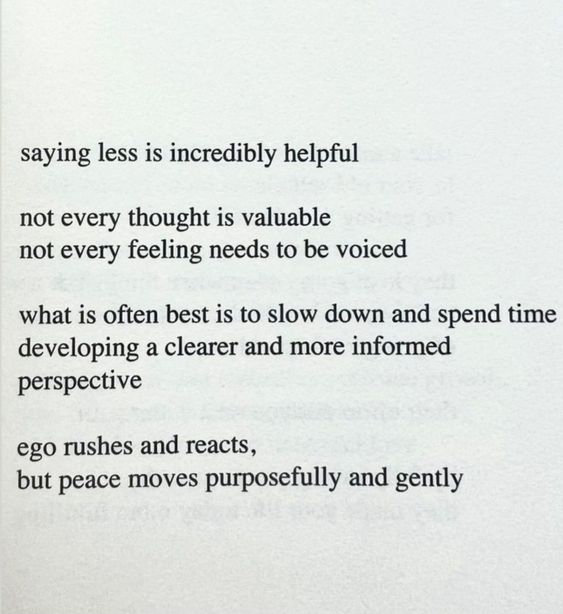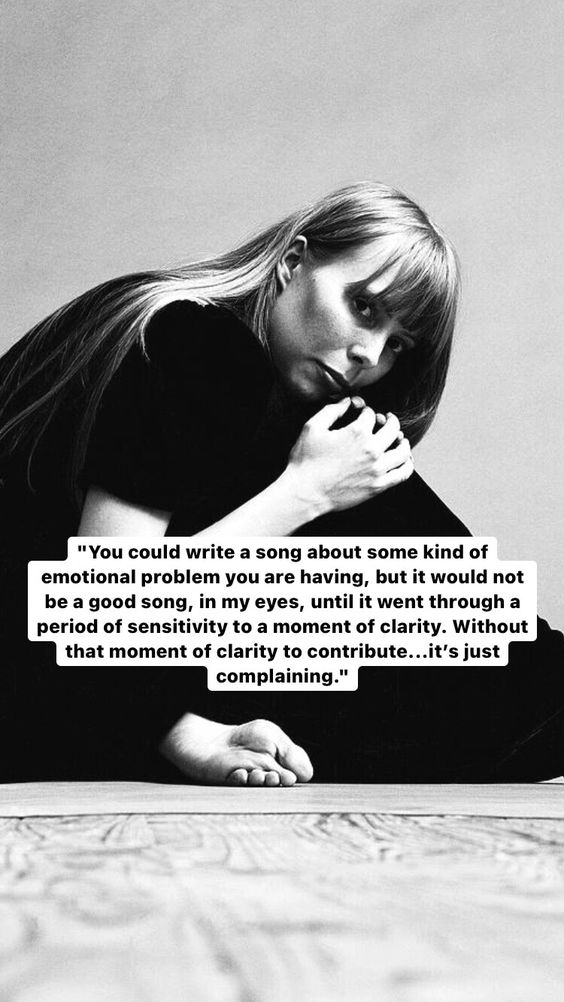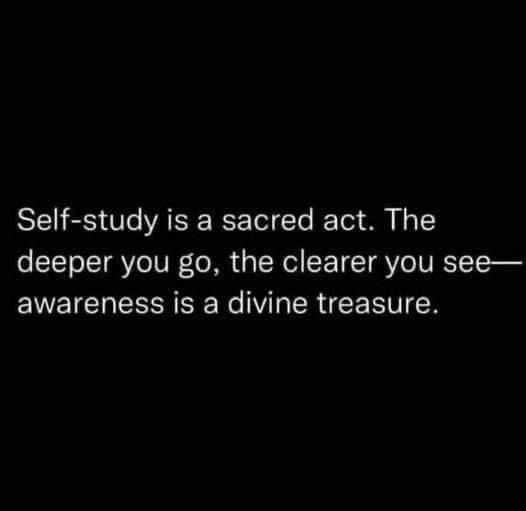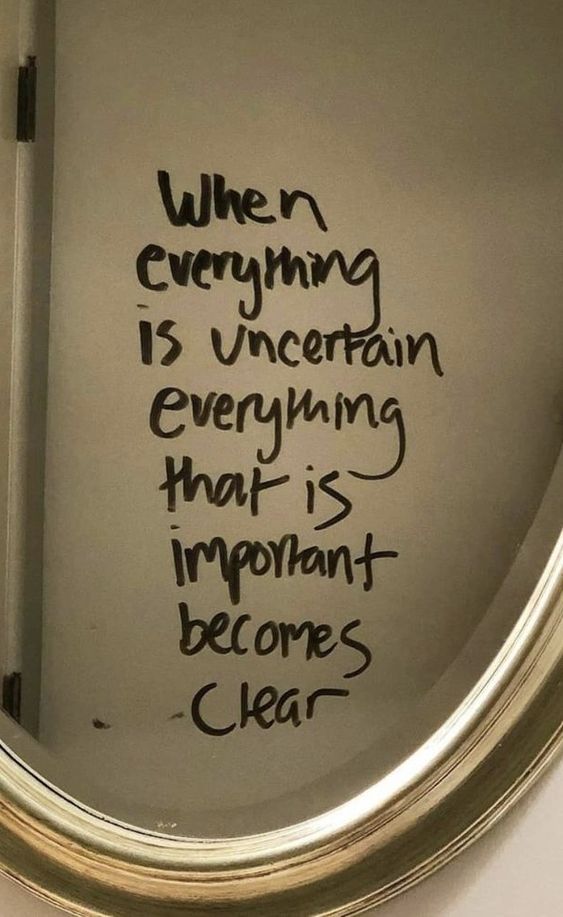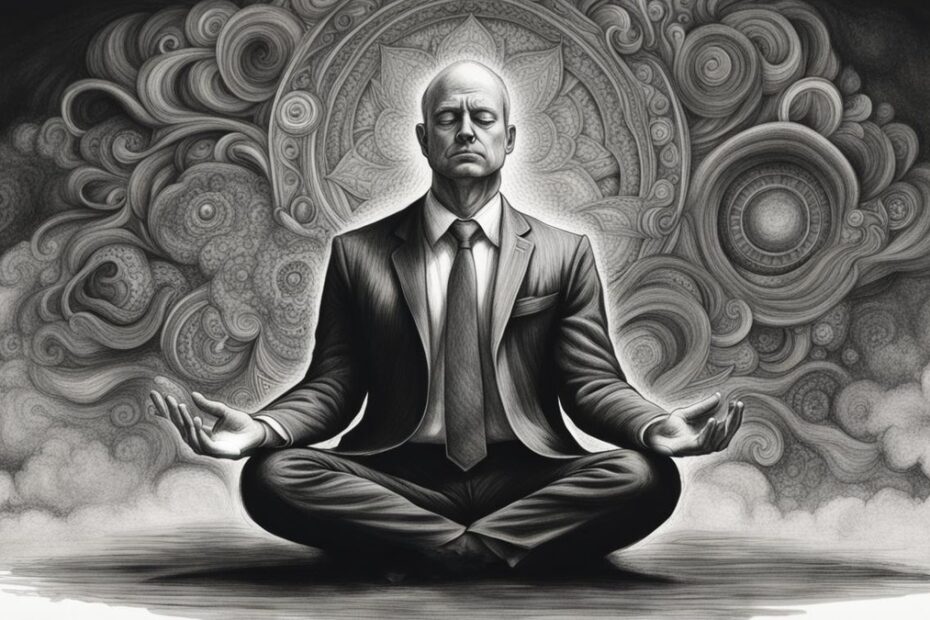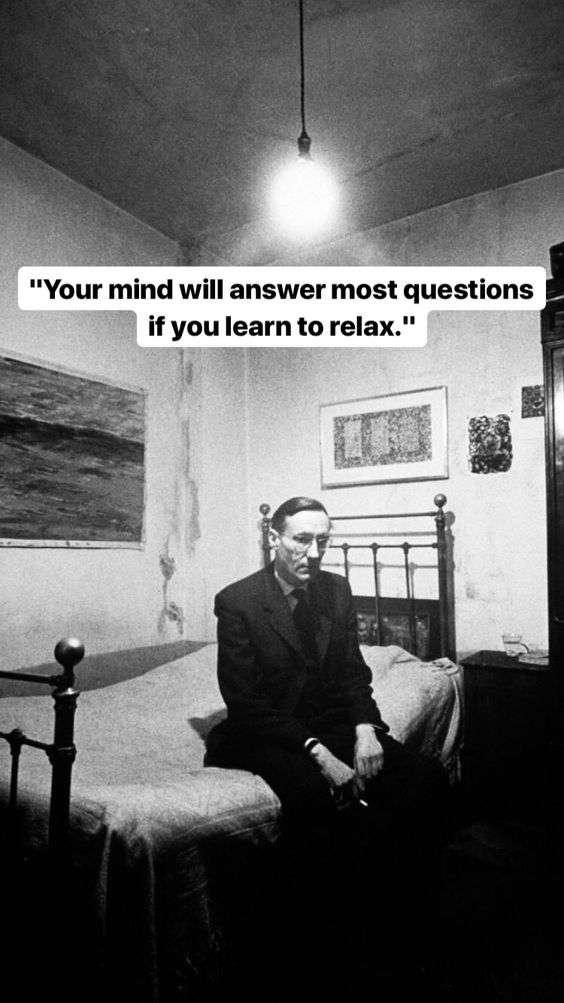“We know that between every stimulus and its response, every piece of information and our decision, there is space. It is a brief space, to be sure, but one with room enough to insert our philosophy. Will we us it? Use it to think, use it to examine, use it to wait for more information? Or will we give into first impressions, to harmful instincts, and old patterns? The pause is everything.”
Ryan Holiday, Discipline Is Destiny (Page 113)
“There is nothing passive about mindfulness. One might even say that it expresses a specific kind of passion—a passion for discerning what is subjectively real in every moment. It is a mode of cognition that is, above all, undistracted, accepting, and (ultimately) nonconceptual. Being mindful is not a matter of thinking more clearly about experience; it is the act of experiencing more clearly, including the arising of thoughts themselves. Mindfulness is a vivid awareness of whatever is appearing in one’s mind or body—thoughts, sensations, moods—without grasping at the pleasant or recoiling from the unpleasant. One of the great strengths of this technique of meditation, from a secular point of view, is that it does not require us to adopt any cultural affectations or unjustified beliefs. It simply demands that we pay close attention to the flow of experience in each moment.”
Sam Harris, Waking Up (Page 36)
“If one wants to see a thing very clearly, one’s mind must be very quiet, without all the prejudices, the chattering, the dialogue, the images, the pictures—all that must be put aside to look.”
J. Krishnamurti, Freedom From The Known (Page 103)
How Do I Know If Meditation Is Working?
Excerpt: Meditating is the act of, essentially, doing nothing. Which can feel totally counterproductive in our world. But, what if the opposite was true?
Read More »How Do I Know If Meditation Is Working?
“The need for space is psychological as well as physical: you must have an unfettered mind to create anything worthwhile.”
Robert Greene, The Daily Laws (Page 336)
“False science and false religion express their dogma in highly elevated language to make simple people think that they are mysterious, important, and attractive. But this mysterious language is not a sign of wisdom. The wiser a person is, the simpler the language he uses to express his thoughts.”
Lucy Malory, via A Calendar of Wisdom (Page 247)



